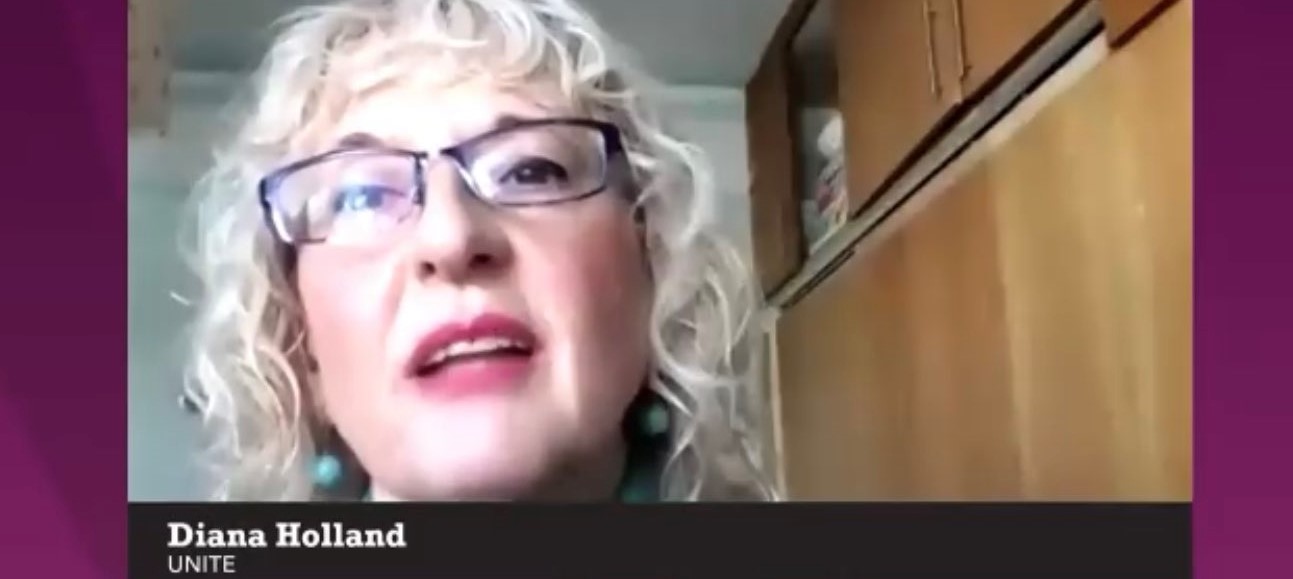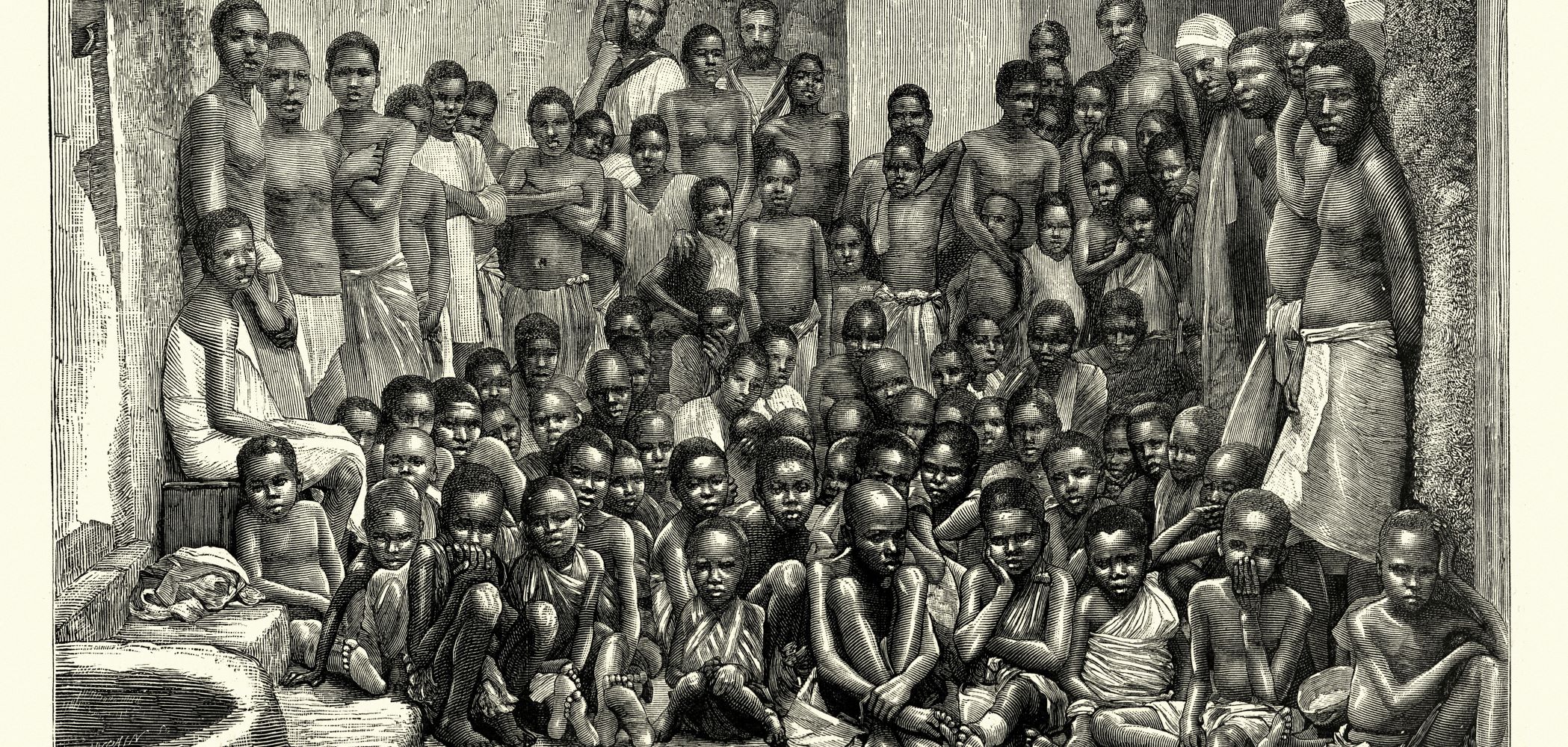â€Under the banner of community’
As night falls over Whitechapel the young men in black shirts spill into the narrow streets looking for a fight. Members of Oswald Mosley’s British Union of Fascists, they prowl around, seeking out businesses to wreck, scrawling racist graffiti on walls, firebombing and terrorising innocent residents for no other reason than they are Jewish.
It’s 1936 and this has been happening for years. Then the Blackshirts disperse, running scared, calling out to leave immediately – they’ve seen a group of young men, known to them. These are the lowest of the low – they are Jews, and they are also Communists – and they aren’t afraid to fight back.
Among that group are my grandfather Sydney and his brother Charlie. It is said they take no prisoners. Charlie – a well- known local boxing champion is especially feared.
The streets of London’s Whitechapel have a unique history. For centuries it was the home to immigrants, who faced poverty and deprivation in inadequate overcrowded housing.
So when news got out that on October 4, fascist leader Oswald Mosley planned to march his hated uniformed army of thugs through Whitechapel, there was no way local residents, trade unionists and socialists were going to let that just happen.
But a petition of over 100,000 signatures calling for the march to be banned was summarily ignored.
The day came – with 7,000 uniformed fascists tried to force their way through the crowded streets, home to over 60,000 Jews. Ten thousand police – 4,000 on horseback were to be their protectors on this shameful march of hate.
â€No pasaran’
But the men, women and children of Whitechapel stood their ground. They were Jews, they were Irish, they were dockworkers, sweatshop tailors, Communists, socialists, trade unionists, neighbours – standing firm together, shouting â€No pasaran’ – they shall not pass.
Modern estimates now reckon 300,000 people took part in the protest. When the Blackshirts and mounted police broke through the barricades of mattresses and paving stones, women threw rotten vegetables and men armed themselves with the broken legs of chairs and tables.
And the cheers went on long into the night when the day’s heroes learnt that Mosley and his brutes had turned tail and fled.
Over 30 years later Sydney often told me about what happened that day. I always loved hearing when the Irish dockworkers and Jewish sweat shop workers put aside their differences and united to fight for their families, for their neighbours, for the entire community. For me, there can be no better story of what can be achieved together.
But now hatred and prejudice are again rearing their ugly heads. After the Brexit result stories abound on a daily basis of attacks on immigrants, East Europeans, British Asians, Muslims – just anyone racists feel like attacking that day.
That’s why – as far as Unite is concerned – it’s time to remind people that we don’t have to accept hate and what solidarity can achieve.
Unite Community Tower Hamlets branch is based at the Cable Street centre – and it’s a hub of activity for the local largely Bangladeshi community. Members have campaigned on benefit sanctions, housing, and run the popular English as a foreign language courses.
“Here at the Cable Street centre we are breaking down the barriers between communities and bringing them together in a common cause,” comments Monawar Badrudduza, the Unite Tower Hamlets branch co-ordinator.
“We have people here from the Bangladeshi, Somalian, African, Kosovan, and Eastern European communities – we even have a member from France – and we’ve found that running English language courses is great in bringing people together and helping them get involved locally. People have said it makes them feel like they belong. They say in Unite they feel part of a family, they are included.”
The branch has campaigned locally against benefits sanctions, fighting to save doctors’ surgeries and stood alongside Unite industrial members against zero hours’ contracts.
â€You have to fight for justice’
Working at the Cable Street centre Badrudduza is reminded daily of what happened there 80 years ago. He draws endless inspiration from it. He says, “Standing up for your rights, making alliances with others fighting for their rights. Equality doesn’t come easily, you have to fight for justice.
“Looking back to that day the Jewish residents were targeted because of their religion and beliefs. It shows us that we are all human and that together we can fight for change.”
On Sunday (October 9) around 5,000 people are expected to join in the commemorative events being organised. “Unite members are coming to join us from all over the country – all are welcome.”
The Unite Community Tower Hamlets branch has grown steadily – now just under three years since its creation there are over 300 members.
“We aim to work hard for all in our community – to bring about the changes we need for fairness. It’s about the fact that we are all friends – no-one is an enemy. And I believe if you really want to achieve this then being part of Unite – the biggest trade union in the country – is the way to bring about real change.”
Dave Condiliffe, Unite Community Co-ordinator, London and Eastern region agrees. He says, “To me Cable Street encapsulates the fight every generation before and since has had to face. Your struggle is our struggle and we can learn so much from the 1936 heroes of Cable Street.
“But that is not enough – we have to look to the future which is what we are doing today through Unite Community. There is more that unites us than divides us – and we forget that at our risk.”
Unite national Community co-ordinator Liane Groves said she was proud Unite was one of the organisations involved with Sunday’s commemoration.
“The battle of Cable Street is part of our history, one of which I’m immensely proud. When people stand together for good they can expel evil. Solidarity above all is the lesson Cable Street can teach us.
“Under a banner of community we can defeat divisive factions that separate us. Eighty years on the battle resonates with what’s happening today with the way immigrants are being blamed for all society’s ills,” believes Groves.
“Now again we must stand together. The far right is raising its ugly head and only through solidarity can we defeat the evils of prejudice.”
A call with which Sydney, Charlie and all the heroes of Cable Street would heartily agree.
Join in this Sunday’s commemoration with Unite

 Like
Like Follow
Follow


